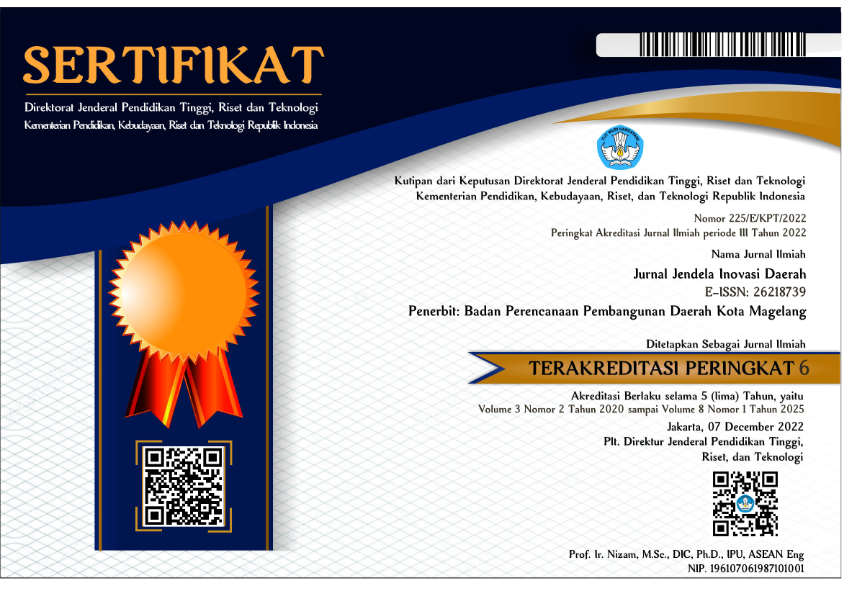EKSISTENSI KONSEP EKONOMI KLASIK PARA TOKOH ISLAM
Abstract
The existence of classical economic concepts in the thinking of four prominent Islamic figures: Ibnu Abi Al-Dunya, Al-Dawudi, Malik Bin Anas, and Yahya Bin Umar. Through a literature review, this article identifies their contributions to the development of classical Islamic economics. These figures offer diverse but interrelated perspectives on how Islamic economic principles can be implemented in everyday activities. Ibn Abi Al-Dunya emphasized the importance of morality and ethics in economic transactions, while Al-Dawudi highlighted distributive justice in the distribution of wealth . Malik Bin Anas emphasized compliance with Islamic law in economic matters, while Yahya Bin Umar rejected usury and promoted fair trade according to Islamic teachings. Through understanding these concepts, this article concludes that the classical economic thinking of these Islamic figures provides a strong moral foundation for the Islamic economic system. The integration of these principles in economic practice can help build a more just and sustainable society in accordance with Islamic teachings.
Copyright (c) 2024 Jurnal Jendela Inovasi Daerah

This work is licensed under a Creative Commons Attribution-NonCommercial-NoDerivatives 4.0 International License.
















